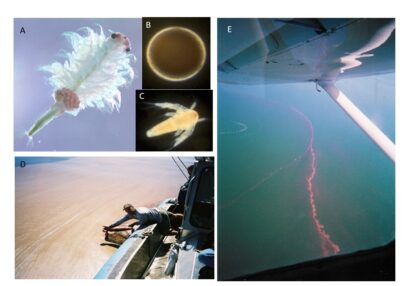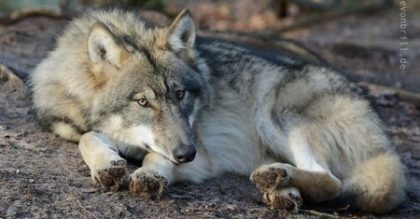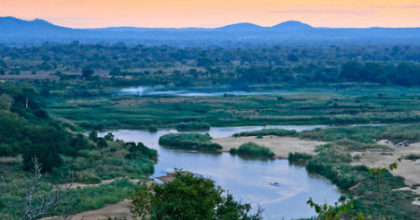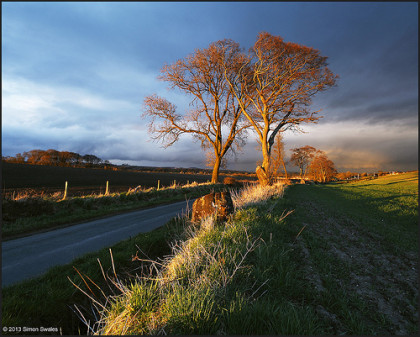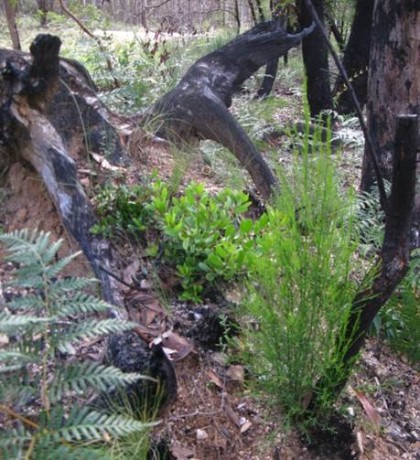For everything there is a season, and now that we have passed the Autumnal Equinox, when the sun is directly over the Equator and days and nights are nearly equal length, we have officially transitioned from summer to autumn in the northern hemisphere. For many people, Fall means it's time to get out sweaters, decorate with gourds, and partake of traditional autumnal foods and beverages (pumpkin spice latte, anyone?). For some people, autumn means it's time to bring in the rest of the crops and garden vegetables. Others … [Read more...] about Science Corner: Get Ready! It’s Brine Shrimp Season!
Ecology
Science Corner: The Voting of Science
Election Day is next week in the United States. We could talk about electoral science, like how to design and interpret polls or the significance of results like the median voter theorem or Gibbard-Satterthwaite theorem. But I was more interested in the science up for election. And while I suppose the national races could be seen as a referendum on competing pandemic responses, there's a lot more on the ballot than the presidential race. Via ballot initiatives, voters in several states have the option to directly decide … [Read more...] about Science Corner: The Voting of Science
Science Corner: Subtraction by Addition
Mozambique's Gorongosa National Park was in the science news last week, which caught my eye because I had recently read Sean B. Carroll's The Serengeti Rules. (Scientist/authors are rare, and yet biologist Sean B. Carroll must distinguish himself from physicist Sean Carroll.) Gorongosa features in the book as one of several locations where large-scale ecological experiments have been conducted under resource management initiatives. The general question is how to achieve a thriving ecosystem with a complete food web in … [Read more...] about Science Corner: Subtraction by Addition
Highlighting Community: Faith in Scholarship Workgroup on Ecosystem Services
Yesterday, Richard Gunton reflected in Scholar's Call and also described a working group of Christian ecologists in which he participates. Today we have the pleasure of sharing a Highlighting Community post on that group, part of the UK organization Faith In Scholarship (FiSch). Yoseph Araya reports from the UK's Faith in Scholarship Working group on Ecosystem Services (FiSWES) research on nature conservation. … [Read more...] about Highlighting Community: Faith in Scholarship Workgroup on Ecosystem Services
Scholar’s Call: An ecologist in the household of God
Today Richard Gunton of Faith in Scholarship shares his perspective on how his Christian worldview and the discipline of ecology interact. We're delighted to share pieces from FiSch members from time to time, and are grateful for Richard's thoughtful reflections on ecology. Stay tuned for more on the FiSch ecology working group in tomorrow's "Highlighting Community" post. … [Read more...] about Scholar’s Call: An ecologist in the household of God
